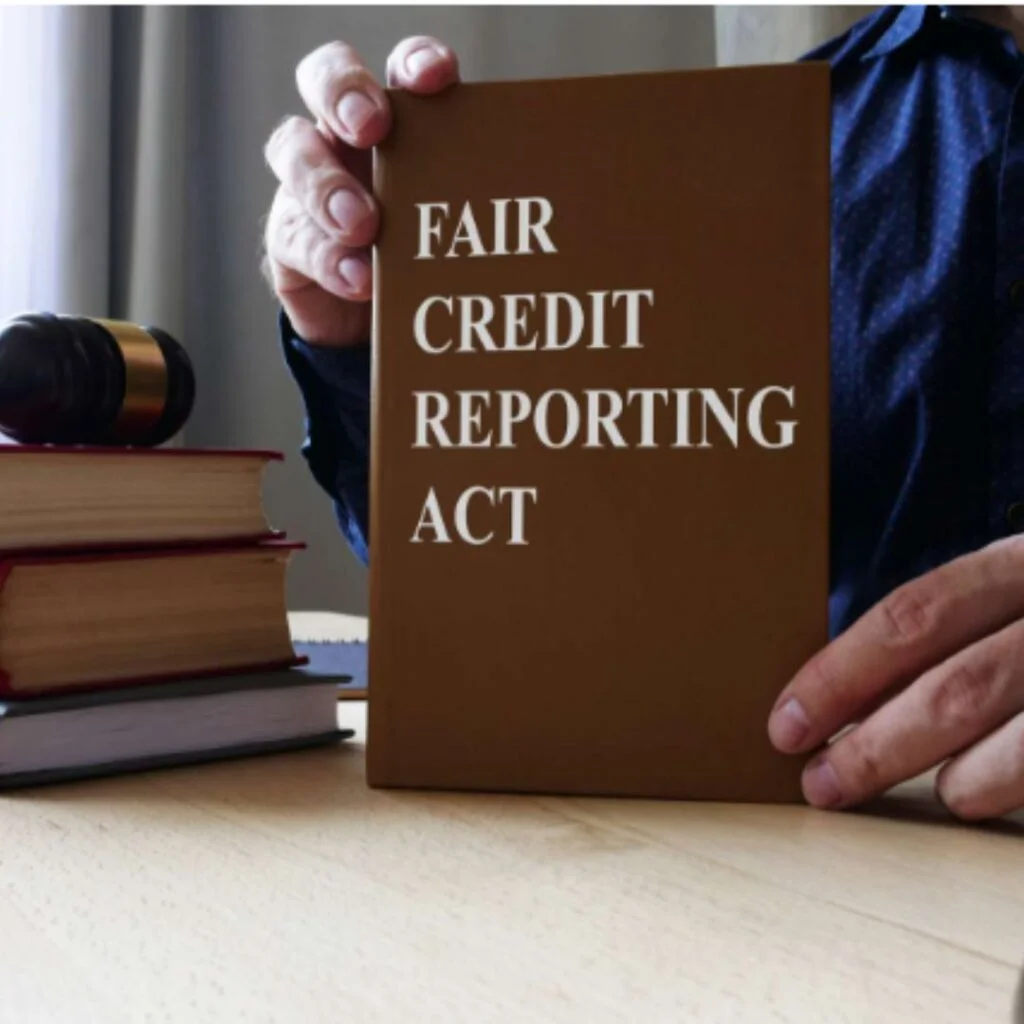The average consumer may feel overwhelmed and need clarification about credit scores and reports. It is a complex system that can significantly impact our financial well-being.
However, laws are put in place to protect consumers and ensure fair practices by credit reporting agencies. The Fair Credit Reporting Act (FCRA) is one such statute.
Understanding the Fair Credit Reporting Act is crucial for all consumers to know their rights and protect themselves from potential credit reporting errors or other challenges. Today, we will explore the FCRA’s purpose and how it protects the rights of the average consumer.
What is the FCRA?
The FCRA was enacted in 1970 as part of the Consumer Credit Protection Act. It was intended to promote fair and accurate credit reporting, protect consumer privacy, and ensure the information in their credit reports is correct.
The FCRA applies to all entities that collect and maintain consumer credit information, including credit reporting agencies, lenders, and creditors. It regulates how these entities can use and share consumers’ credit information.
How Does it Protect Consumers?
The FCRA has several provisions in place to protect the rights of consumers. These include:
- Access to Free Credit Reports: Under the Fair Credit Reporting Act (FCRA), every customer has the right to a free credit report from the three major credit reporting agencies—Equifax, Experian, and TransUnion—once every 12 months.
- Right to Dispute Errors: Customers can dispute inaccurate information on their credit reports. Within 30 days, the credit reporting organization must investigate the dispute and correct any inaccuracies.
- Limitations on Negative Information: Most negative data, like late payments or collections, can only remain on a credit report for up to seven years, and bankruptcy can only stay on a credit report for up to ten years.
- Privacy Protection: The FCRA requires credit reporting agencies to maintain the confidentiality of consumer information and only share it with authorized entities.
- Protection from Identity Theft: If customers think they may have been the victim of identity theft, they can post a fraud warning under the FCRA on their credit reports. This alert will notify lenders and creditors to take extra precautions before approving new credit applications.
How Does the FCRA Enforce Compliance?
To ensure compliance with the FCRA, several government agencies oversee credit reporting agencies and lenders. These include:
- Consumer Financial Protection Bureau (CFPB): The independent CFPB, such as the FCRA, upholds consumer protection laws. It also investigates consumer complaints regarding credit reporting errors or other violations.
- Federal Trade Commission (FTC): The FTC also enforces the FCRA and investigates complaints against credit reporting agencies. They have the authority to take legal action against agencies that violate the law.
- State Attorneys General: State attorneys general also have the authority to enforce the FCRA within their borders, investigate complaints, and prosecute offenders.

Take Action!
You can take action by submitting a complaint to the FTC, CFPB, or your state’s attorney general if your rights under the FCRA have been violated. You may also hire a consumer protection attorney specializing in credit reporting laws.
It is crucial to monitor your credit reports closely to ensure accuracy and act quickly if you find mistakes. By understanding the FCRA, you can protect yourself from potential credit reporting issues and maintain a healthy credit score.
Remember, knowledge is power, and arming yourself with information can help you navigate the complex world of credit reporting. So stay informed and take control of your financial health! It is crucial to keep a close eye on your credit reports to ensure they are accurate and that you can act quickly if you find anything suspicious.









